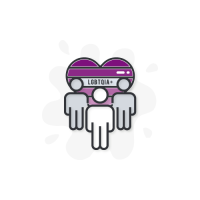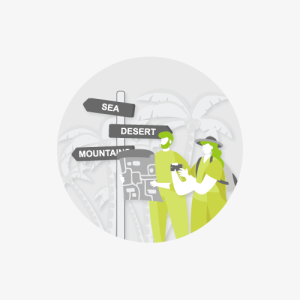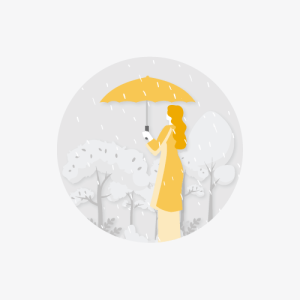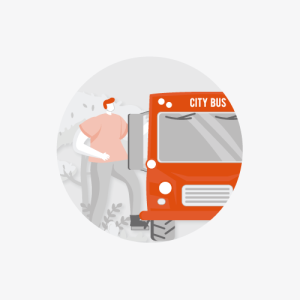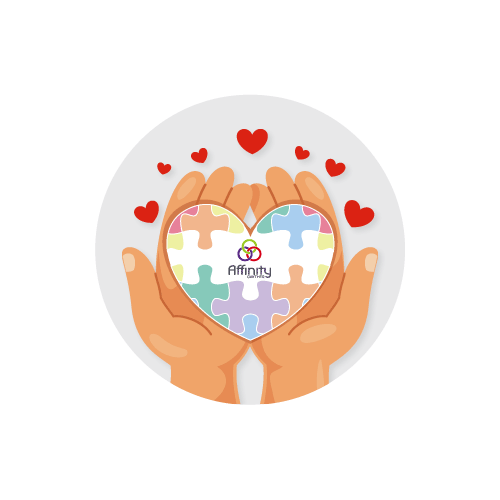
About the Elder Community
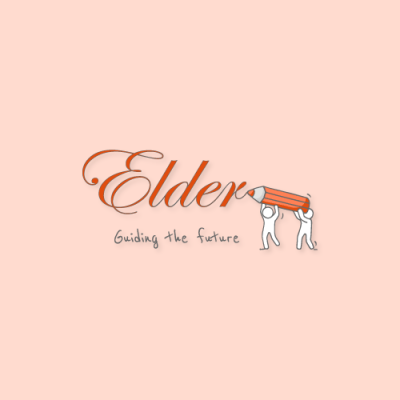
With ageing populations and life expectancies increasing due to medical advancements, age and attitudes towards it are constantly shifting. Though older and sometimes wiser, it is always important to remember that today’s elders were yesterday’s youth.

In many western countries, the average life expectancy rose by ten or more years. The increase has meant someone in their mid to late thirties would have been considered middle-aged in the 1950s, whereas today, that age has shifted to someone aged 40 years or over. People living longer means the retirement age has increased, with many working three to six years longer than twenty years ago.
In many countries and societies worldwide, much of the media and representation are focused on the youth, leaving many older people feeling displaced and isolated. The lack of positive older role models and societal pressures around age expectations result in many withdrawing and becoming less active within their communities. Though this compounds the problem, it is also in part to the restrictions many older people put on themselves. There is a saying that you are only as old as you feel, meaning the more limits and conditions we put on ourselves, the older we will feel and act.
Today’s youth are doing nothing wrong; however, changing views and mindsets, especially around the value everyone brings to the community, is essential. Those elder people feeling forced into roles that do not fit should continue to push back, and words such as no should become maybe and cannot become I will give it a try.
Let us all age positively, removing phrases such as ‘passed it’ within the collective vocabulary. Replacing antiquate phrases, focusing instead on the various and diverse people of all ages, bringing unique perspectives and viewpoints. It is just as crucial for older people not to dismiss those younger than themselves. Using their age to stop conversations by citing wisdom as a reason, but instead listening and opening a dialogue to create a platform for all. Disagreement is not a sign of disrespect but a means of expressing and sharing viewpoints.
AGES 20-39 YEARS
2.4 billion or 29.6%
AGES 40-54 YEARS
1.5 billion or 18.1%
AGES 55-74 YEARS
1.3 billion or 15.%
AGES 75+ YEARS
300.7 million or 3.7%
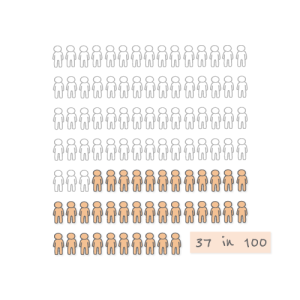
37 in 100 or 3 billion

- finish their studies, education or acquire trades and skills to work
- become more sexually aware
- become more financially independent
- start forming long-term relationships and commitments
- start creating families of their own
LGBTQIA+ Focus
The transition from child to adult can be liberating for most. In most countries, the average legal age to vote and for sexual consent is 18 years. Many young adults begin to make crucial life decisions. One of the most significant decisions is whether they wish to accept or act upon their sexuality or gender identity. With the right to vote, young adults begin to experience the power to enact change and in helping to ensure that the people who represent them become elected to office. Many LGBTQIA+ feel an overwhelming sense of community and sexual freedom amongst like-minded people within this age group.

Middle-aged, as a term, is used to describe people that have reached a milestone in their lives. The midpoint or the halfway point relates to a person’s lifetime, based on the average life expectancy (ranging from 70-80 years old). This group covers an age range from forty to fifty-four years. Many individuals within this group are now at the peak of their life experiences and influence. Typically, during this age range, people will:
- have achieved a agree of personal or professional success
- have more disposable income and have assets of value (homes, cars etc.)
- be more self-aware and know more about what they want out of life
- have started families and are watching their families grow
- remain relatively healthy; however, some aches and pains relating to ageing will begin to appear
LGBTQIA+ Focus
WORLD
3 billion or 37%
AFRICA
297.1 million or 9.8%
THE AMERICAS
437.5 million or 14.5%
ASIA
1.9 billion or 61.6%
EUROPE
404.5 million or 13.4%
OCEANIA
18.7 million or 0.6%
EXCEPTIONAL AND DIVERSE LGBTQIA+ COMMUNITY
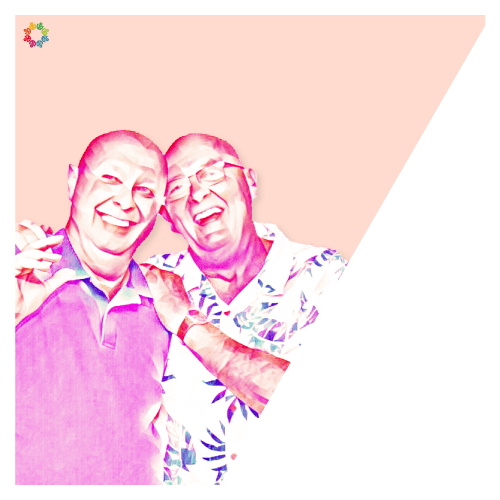
- have much more financial freedom, some or no debts and savings
- have fewer people dependent on them, with older children or those all grown-up
- have more energy and the drive to explore and experience the world around them
- more available free time to explore new interests and hobbies, including travel
- have health concerns and longevity becoming a significant factor and problem, with many focusing on their well-being and physical fitness
LGBTQIA+ Focus
LGBTQIA+ COUNTRY & REGION GUIDES

- need more help and assistance, typically suffering from mobility or cognitive (perception or judgement) issues
- be limited on what they can do due to health-related problems and become frailer the older they become
- possible have small networks of friends and family, given the number of people in their lives that have departed
- often feel displaced, isolated and lonely
- be unable to travel as often and get tired much more quickly
LGBTQIA+ Focus
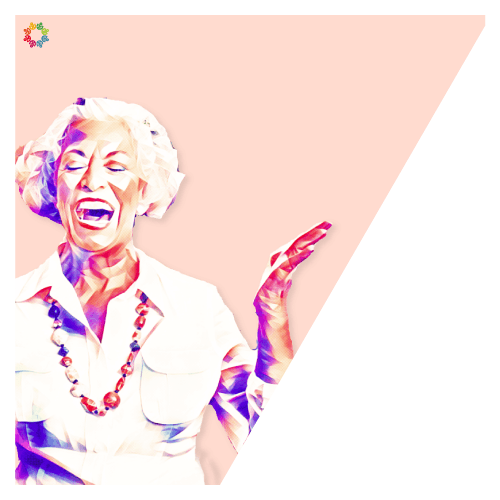
When you pick up a magazine or watch television, you typically see images of younger people. It is normal to see older people in the shadows playing supporting roles or specific stereotypes. What is the world saying to you? For most people, it makes them feel invisible or ignored by society. Many will often withdraw and question their self-value; however, some will push back positively.
The LGBTQIA+ community lacks diverse older positive role models, and many represented are slapstick interpretations of the community. Even the term elder gay is interesting. Searching it within popular search engines often displays results typically referencing younger people’s sexual fantasies. Themes focused on younger seeking older, daddies, mummies, polar bears, bull dykes, and many more terms linked to older people and specific sexual desires, rather than getting to know the people themselves.
Everyone grows older, and even though sex is healthy and an important part for many in a relationship, so too is connecting with and feeling valued by other members of your community. There is a growing need to represent older ‘ordinary’ LGBTQIA+ people living their everyday lives, with organisations and groups listening to and networking with this often-forgotten part of society.
We all bring something unique, whether it is perspectives or experiences, to our environments. Engaging and involving all LGBTQIA+ people fosters an open, welcoming and inclusive environment and supports everyone in the community, creating a family and community we all want and need.
RESOURCES TO HELP YOUR FRIENDS, FOLLOWERS, CUSTOMERS…
With over one thousand data points relating to weather stations worldwide, hundreds of LGBTQIA+ country and state travel guides, as well as community-related articles, fun and games, there is something for everyone on Gayther. Help your friends, followers or customers by including a badge or any one of the hundreds of colourful QR Codes within your newsletter, blog, vlog or website to direct them to resources that relate directly to you or your business or service. Discover QR Codes and Gayther Badges today

Though many of the challenges people face are similar, for LGBTQIA+ people, there are ones that are specific and unique to them. The community has come a long way in the past forty years; however, many growing up during periods of significant change faced many obstacles. Today, the fight for equality has resulted in people from the community being able to marry, have children and even live ordinary, trouble-free lives in many countries worldwide.
Many people over fifty will likely have a higher chance of being rejected by their families. It is further complicated because they have limited or no opportunities to start a family of their own. Attitudes they faced while growing up were also different, with many being preconditioned to be less public or vocal about their sexuality or gender identity for fear of persecution.
A variety of life events cause many to become withdrawn, such as the loss of a partner, few or no family members in their lives or small and dwindling social circles, especially in rural or more conservative communities. These and many more factors are causing people to become lonely and isolated, circumstances that result in many people becoming targets by opportunists.
Physical and mental abuse inflicted on LGBTQIA+ people by individuals taking advantage of these situations. Unscrupulous individuals offer companionship and support as a front to hide all of the money and cherished valuables they are taking. They are allowed to continue as the fear of being alone will silence many vulnerable people.
An LGBTQIA+ person being hospitalised or placed within a care setting can also be an ordeal. Many feel like they are back at school or forced to live within or through uncomfortable situations. They indirectly are made to relive difficult past situations, often afraid of becoming targets with the other patients or staff because of how they identify. These and many more circumstances, especially the fear of persecution, force many to regress and hide who they are to fit in amongst other patients and residents.
Around the world, care and service providers are becoming more aware of the challenges and are willing and looking to adjust their approach. Many organisations within the eldercare space are beginning to create tailored and specialised services. Given the size of the community and the limited number of spaces, there is not enough capacity to meet the growing demand. Many inclusive care providers are adapting their existing services by becoming more welcoming to all people. Though overall, it is positive; many more treat inclusivity as a tick box exercise, missing the point and overall objective.
The answer is not to treat LGBTQIA+ people differently, but the same by raising the bar. Inclusivity is through integration and not just words. Here are some examples:
- Never force a person to be open about their sexuality or gender identity; instead, create a safe space where sexuality or how a person identifies is not an issue
- Lead by example by having staff (only if they are comfortable doing so) being more open about their sexuality or gender identity. If there is limited diversity amongst staff, that is not necessarily an issue; encourage diversity by association. For example, talking about and sharing photographs of loved ones and family members that identify as gay or transgender
- Create an environment where staff and other patients, when introduced, ask how the person likes to be addressed and avoid using assumptive language such as your wife or husband
These are just a few examples; however, the theme concerns the environment and staff showing that they accept LGBTQIA+ individuals. Especially by reaffirming to all that discrimination will not be tolerated. It takes work, retraining staff, and supporting heterosexual residents during the transition to creating diverse and inclusive environments. The effort that ultimately everyone, not only LGBTQIA+ individuals, will benefit from in the end.
Gayther...your community resources
Three dedicated websites offer various tools, services, guides, and much more. Free tools and services tailored toward all groups within the global LGBTQIA+ community
There are thousands of events taking place, it is not always easy to know what is going on and when, Gayther can help
Discover more about the extensive tools, services and guides available on Gayther. From country and regional guides to LGBTQIA+ community resources, learn more about all that Gayther has to offer


